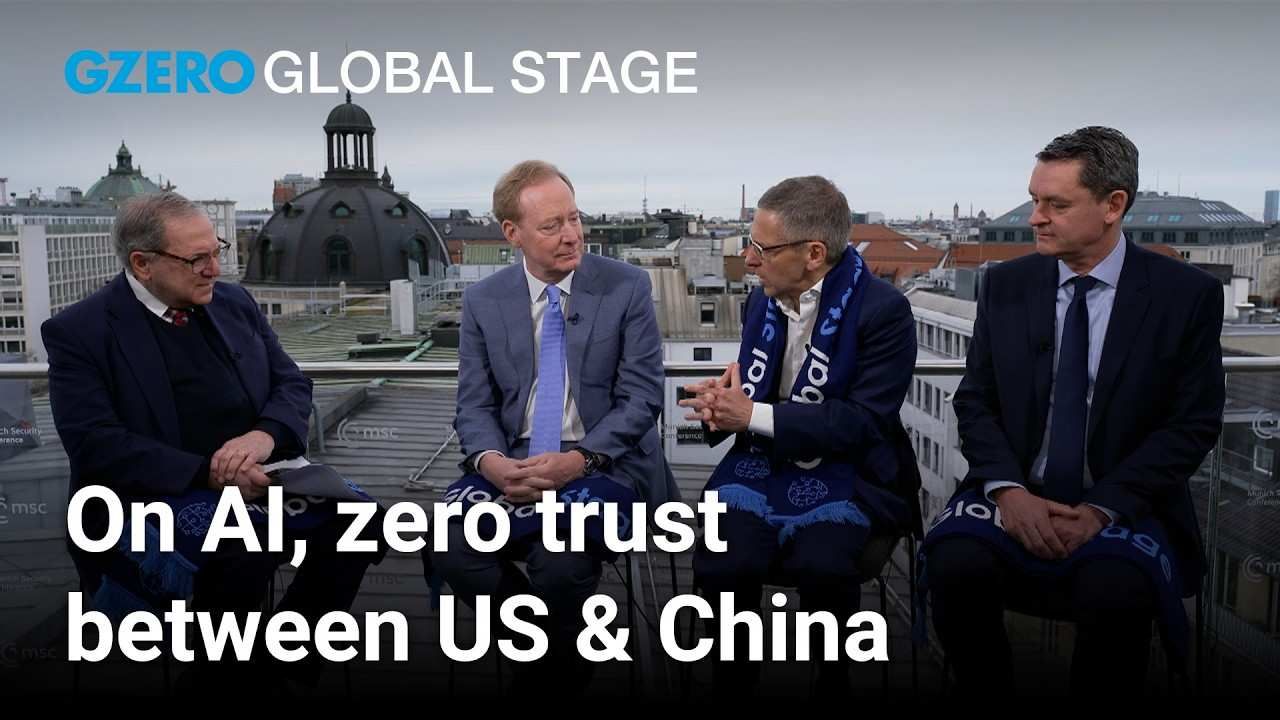News
October 19, 2018
WHAT WE'RE WATCHING
Fake news in Brazil – Oi, Brazilian voters: You know that picture of former President Dilma Rousseff as a young woman rubbing elbows with Fidel Castro? Yeah, the one your mother in law just blasted out on WhatsApp? It’s a fake. So is the pic of right-wing frontrunner Jair Bolsonaro walking into a hospital with a smile on his face – allegedly proof that his recent stabbing at a campaign rally was staged. According tofact checkers, fake news and misinformation are surging across WhatsApp ahead of a deeply polarizing presidential runoff later this month. After the vote, which Bolsonaro is almost assured to win, expect an extremely polarized debate over effects of disinformation on the election and the legitimacy of the next president.
Fake moon in China – We at Signal have been closely following China’s push to create its own global models for finance, trade, and technology – but now it appears that Beijing’s ambitions rise higher than that still. The southwestern Chinese city of Chengdu has announced plans to launch an “illumination satellite” to light up the night sky better than the moon. This fake moon – because that’s what it is, a fake moon – will be eight times brighter than the real moon and able to cast light over a distance of 10-80 kilometers.
WHAT WE'RE IGNORING
People going postal over Trump’s mail decision – The White House this week said the US is ditching the 144-year old global agreement under which countries agree to deliver each other’s mail, and has ordered the US Postal Service to charge more for deliveries from China. Some people are dismayed. But since 1969 the Universal Postal Union pact has given favorable shipping rates to poorer countries – one of those countries being… China! American e-commerce companies have rightly complained that this puts them at a disadvantage: according to calculations by The Atlantic, if you’re in Virginia it’s cheaper to have a packet of eyebrow razors shipped from China than from North Carolina. There is plenty to critique in Trump’s habit of busting up international norms, but on this one he’s right. We’d bet that China – and others – will renegotiate over the next year, before the US withdrawal formally takes effect.
Canine views on Brexit – Only mad dogs and Englishmen go out in the mid-day sun, as the saying goes. Well, earlier this month about a thousand dogs – and their owners – marched on Britain’s parliamentto demand a fresh referendum on whether the UK should still leave the European Union. Granted – as we wrote earlier this week – the process of negotiating “Brexit” has become more complicated than most Britons seemed to foresee. But rerunning the referendum still seems like a long shot. Unless those dogs know something…
WHAT WE'RE SMOKING
Canadian stuff – On Wednesday, Canada became the first major economy to legalize the recreational use of marijuana (Uruguay has been there since 2013.) The Canucks are already prodigious producers and smokers: Canada’s 36 million residents blazed up an estimated 773 tons of weed last year, worth around $4.2 billion, and (illegally) exported another $765 million. Over time, Canada’s decision will offer a unique look at legalized weed’s impact on the budget (marijuana is taxed) and on social issues (incarceration rates and drug use). We also relish the thought of Justin Trudeau cutting the rug while legally stoned.
More For You

- YouTube
China was largely absent from the core conversations at the 2026 Munich Security Conference. That, says Ian Bremmer, is telling.
Most Popular
- YouTube
At the 2026 Munich Security Conference, Brad Smith announces the launch of the Trusted Tech Alliance, a coalition of global technology leaders, including Microsoft, committing to secure cross-border tech flows, ethical governance, and stronger data protections.
When the US shift from defending the postwar rules-based order to challenging it, what kind of global system emerges? CFR President Michael Froman joins Ian Bremmer on the GZERO World Podcast to discuss the global order under Trump's second term.
TODAY at 12 pm ET: Watch our Global Stage live premiere from the Munich Security Conference
Feb 13, 2026
Tune in today at 12pm ET/6pm CET for the live premiere of our Global Stage from the 2026 Munich Security Conference, where our panel of experts takes aim at the latest global security challenges. NY Times National Security Correspondent David Sanger moderates the discussion with Benedetta Berti, Secretary General, NATO Parliamentary Assembly; Ian Bremmer, President & Co-founder, Eurasia Group & GZERO Media; Dr. Wolfgang Dierker, Global Head of Government Affairs, SAP; and Brad Smith, Vice Chair & President, Microsoft.
© 2025 GZERO Media. All Rights Reserved | A Eurasia Group media company.